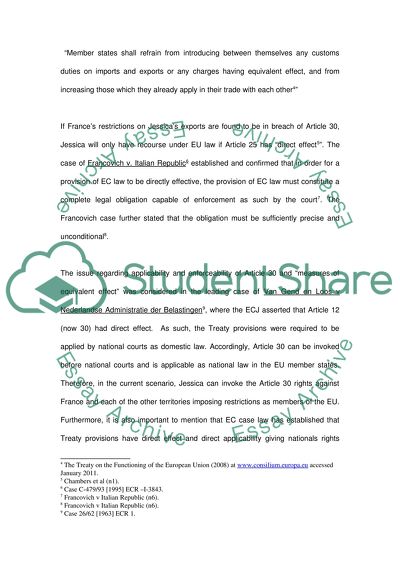Cite this document
(“European Law Assignment Essay Example | Topics and Well Written Essays - 2750 words”, n.d.)
Retrieved from https://studentshare.org/environmental-studies/1405535-european-law-assignment
Retrieved from https://studentshare.org/environmental-studies/1405535-european-law-assignment
(European Law Assignment Essay Example | Topics and Well Written Essays - 2750 Words)
https://studentshare.org/environmental-studies/1405535-european-law-assignment.
https://studentshare.org/environmental-studies/1405535-european-law-assignment.
“European Law Assignment Essay Example | Topics and Well Written Essays - 2750 Words”, n.d. https://studentshare.org/environmental-studies/1405535-european-law-assignment.


